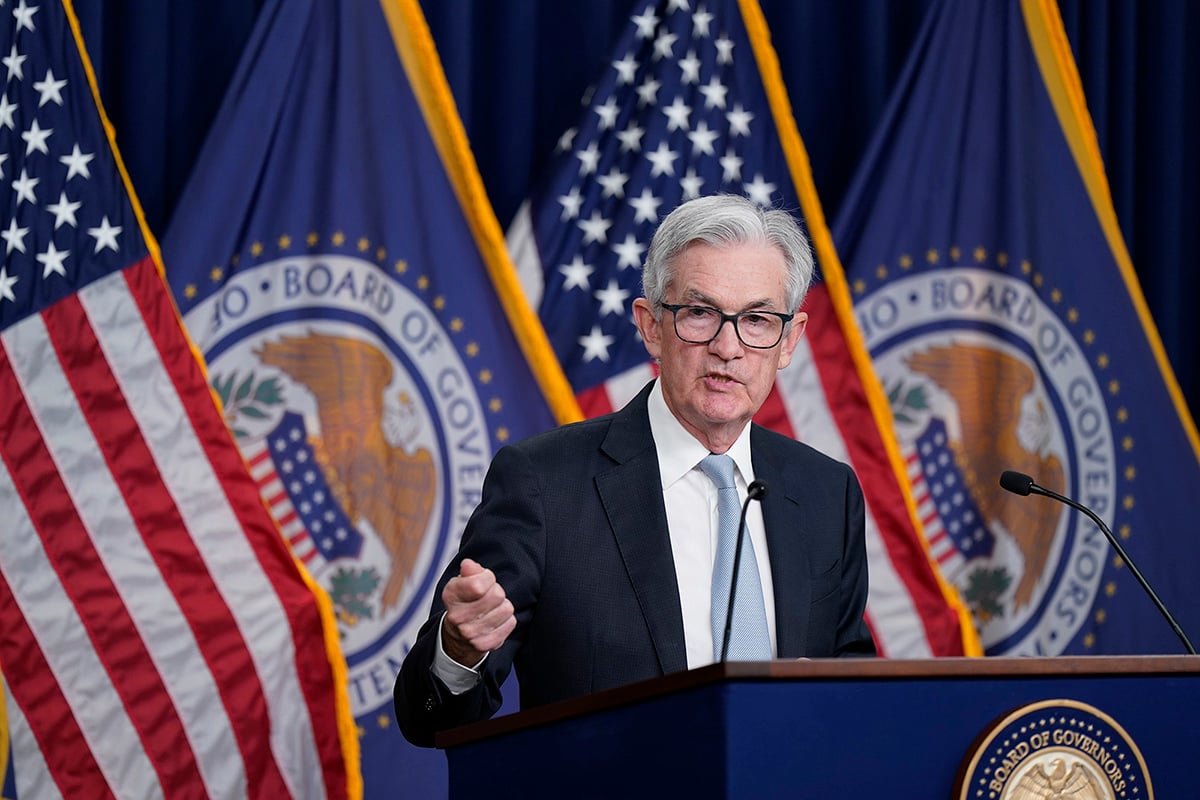The annual growth rate in spending on drugs may be cut in halfover the next five years as people opt for less expensive genericmedicines over brand-name treatments, a health-care research groupsaid today.
|While global expenditures for medicines will still reach almost$1.1 trillion by 2015, the annual compounded growth rate may bereduced to 3 to 6 percent through 2015, compared with 6.2 percentover the last five years, according to the IMS Institute forHealthcare Informatics in Parsippany, New Jersey. Still, emergingmarkets will double their purchases to as much as $315 billion, theinstitute said in a report.
|Expiring patents on branded medicines will yield $98 billion innet savings to government health plans and commercial insurersduring the next five years, with the U.S. providing the biggestincrease in spending for generic alternatives, the institute said.Market share for branded drugs will drop to 53 percent from 64percent last year, according to the report.
|“This patent dividend may actually be coming as a surprise topayers and not yet fully worked into their own estimates,” MurrayAiken, the institute's executive director, said in a conferencecall yesterday. “It's a reasonably significant slowdown.”
|The 2008 global financial recession and recent governmentactions to control drug prices in nations such as China, Italy andJapan also are reasons for the slowing growth rate, Aiken said.Rebates and discounts offered by drugmakers aren't reflected in IMSaudits and may add as much as $75 billion by 2015, the reportsaid.
|Productivity Focus
While thepharmaceutical industry's research and development spending hasincreased, “everyone is focused on trying to raise the productivityof the R&D investment and that continues to be a struggle,”Aiken said.
Last year, U.S. regulators approved 21 medicines for sale, thefewest since 2007. Pfizer Inc., Merck & Co., Eli Lilly &Co. and Bristol-Myers Squibb Co. all failed in 2010 to gainapproval for new drugs.
|Already this year, New York-based Bristol-Myers won U.S.marketing approval for its skin cancer treatment Yervoy, WhitehouseStation, New Jersey-based Merck gained approval for the firsthepatitis C medication, Victrelis, in more than a decade andIndianapolis-based Lilly was cleared with German drugmakerBoehringer Ingelheim GmbH to sell the drug linagliptin to helpimprove blood sugar control in people with Type 2 diabetes.
|“This comes back to 'innovation wins out' and if you have theinnovative products, the global market is only getting larger,”Aiken said. “If not, you're competing against an ever-moreaggressive set of generic producers.”
||Copyright 2018 Bloomberg. All rightsreserved. This material may not be published, broadcast, rewritten,or redistributed.
Complete your profile to continue reading and get FREE access to Treasury & Risk, part of your ALM digital membership.
Your access to unlimited Treasury & Risk content isn’t changing.
Once you are an ALM digital member, you’ll receive:
- Critical Treasury & Risk information including in-depth analysis of treasury and finance best practices, case studies with corporate innovators, informative newsletters, educational webcasts and videos, and resources from industry leaders.
- Exclusive discounts on ALM and Treasury & Risk events.
- Access to other award-winning ALM websites including PropertyCasualty360.com and Law.com.
*May exclude premium content
Already have an account? Sign In
© 2024 ALM Global, LLC, All Rights Reserved. Request academic re-use from www.copyright.com. All other uses, submit a request to [email protected]. For more information visit Asset & Logo Licensing.






